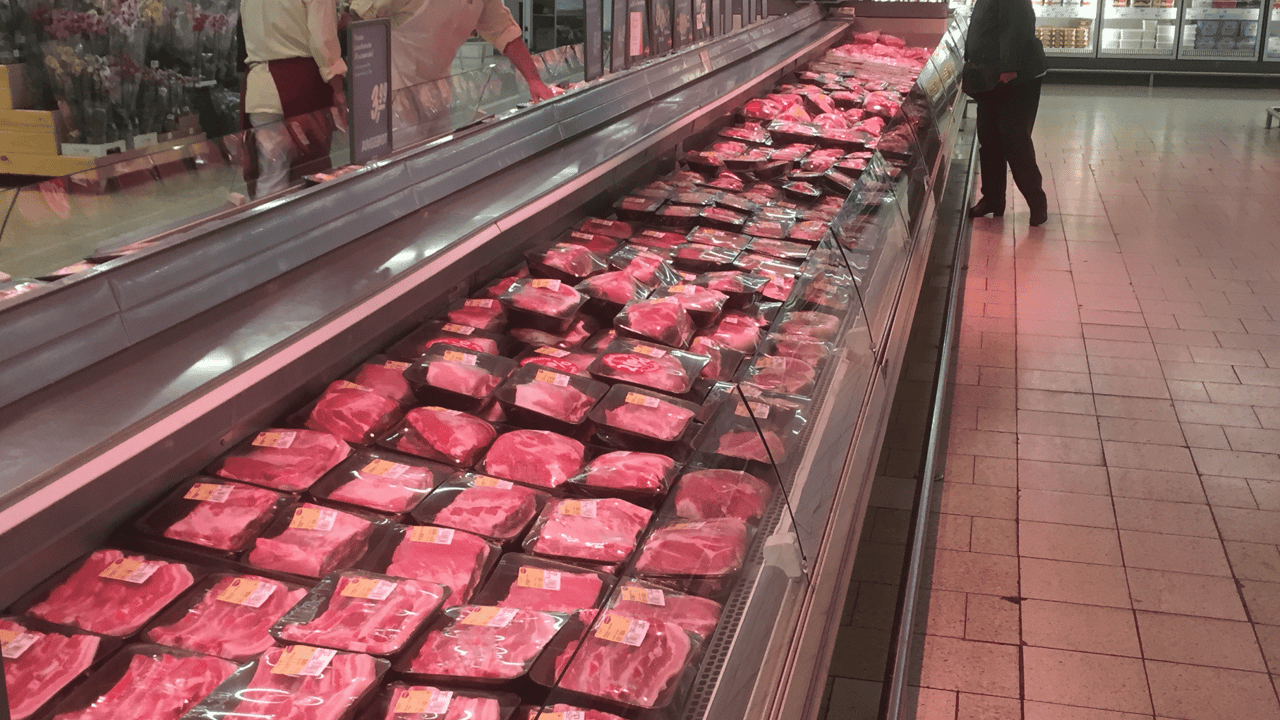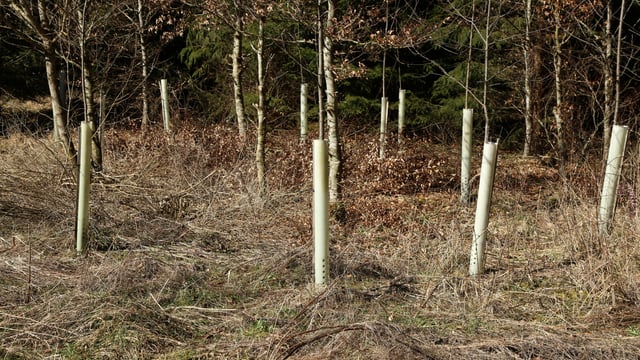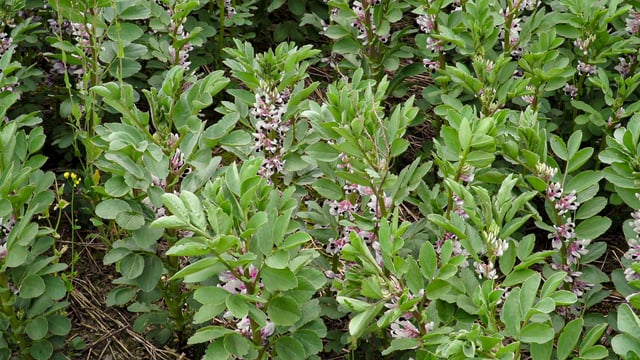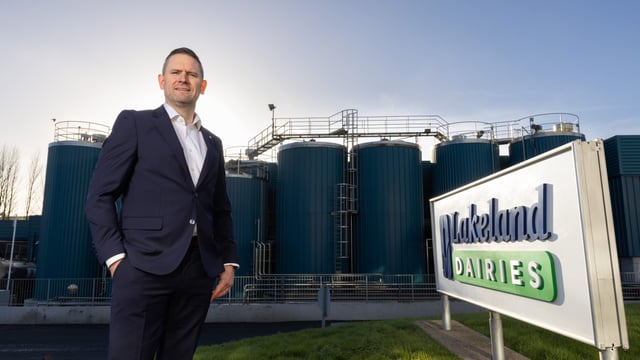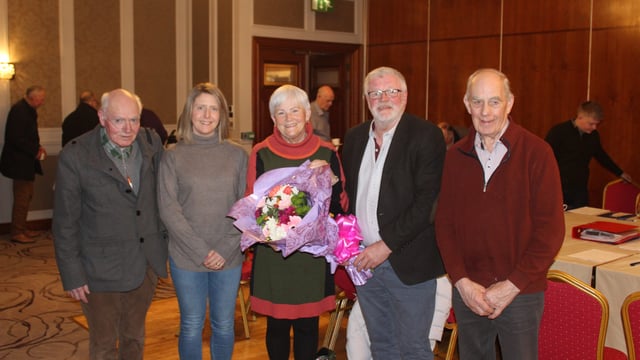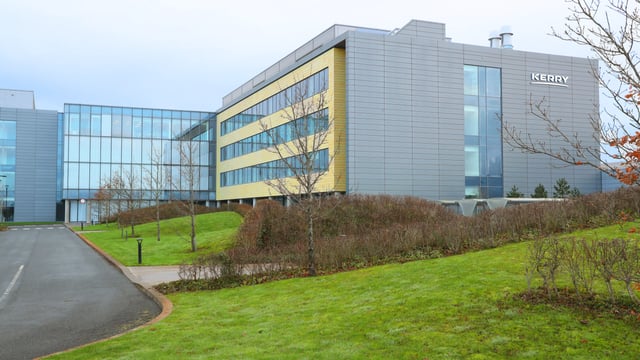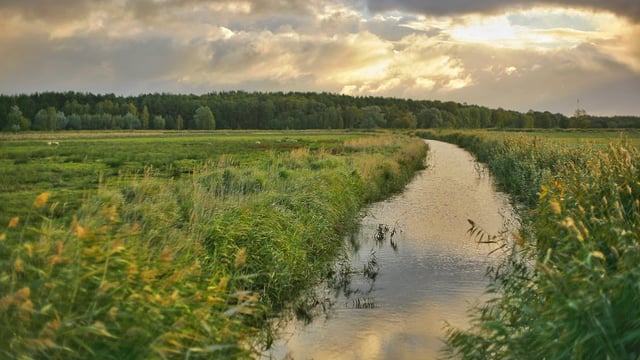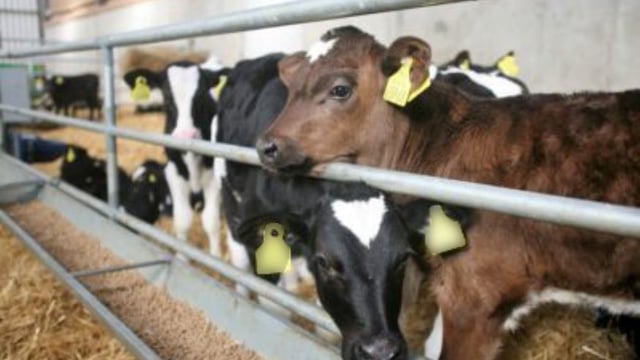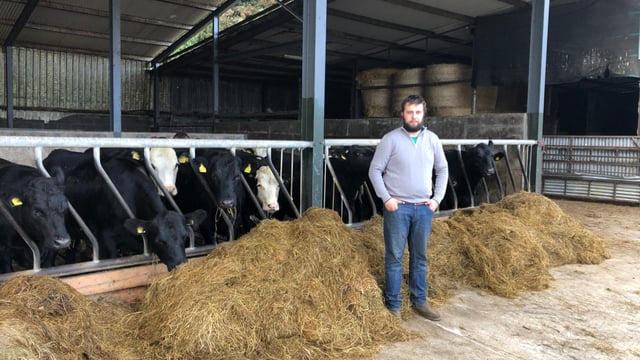Opinion: Foot-and-mouth in Europe - what's the upshot for Ireland?
It is truly unfortunate that Germany is facing the challenge of a foot-and-mouth outbreak at the present time, but are there opportunities for Ireland?
Not surprisingly, the UK has banned many food imports from Germany in the wake of this development. But, in turn, this represents an opportunity for the food industry in Ireland.
And this is part of a bigger picture scenario - animal disease is now causing havoc with the world’s food supply chains. But, this is good news for Ireland, provided that we can stay disease-free.
In theory, the potential for Irish food companies to partner with British supermarkets and other retailers on a sustainable basis into the future is immense.
Opportunities for Ireland
Currently, overall food sufficiency in the UK stands at around 65%. Given the growing demand for land to produce green energy, while also delivering enhanced environmental and biodiversity-related benefits for society as a whole, this figure is likely to fall further.
So, all we need now is the introduction of policies that make the further expansion of food output in Ireland a priority.
The issue of food security in the UK and the rest of Europe, for that matter, is now very real, whether that's as a result of world trade, decreased production or animal diseases such as foot-and-month or avian influenza.
And Ireland can be part of the solution that is required.
Moreover, this can be achieved without diluting sustainable land use policies in any way.
As many local farm leaders have pointed out over recent weeks, the real issue confronting agriculture in Ireland is how to make best use of the crop nutrients the industry already produces.
In my opinion, this is not a challenge, it is an opportunity. We should be making best use of every slurry and farmyard manure source that is available in the country.
Doing so will dramatically improve our farm efficiency ratings while, at the same time, significantly reducing our reliance on imported fertilisers.
Over the past year or so, there has been considerable discussion on the pros and cons of reducing cow numbers.
The poor old cow – dairy and suckler – has taken a real hammering over recent times, earning a dubious reputation within the sustainability debate, which I believe is totally unjustified.
Fertiliser
Meanwhile, no one has ever suggested that Ireland should put a physical cap on imports of chemical fertiliser.
If such an approach were taken then, overnight, the focus of attention would fall on how best to utilise all our animal manures. And the technology is available to make this happen.
I attended a recent soils event at Johnstown Castle in Co. Wexford. One of the most interesting presentations of the day related to the work that has been carried out in extracting phosphorous – in the form of struvite – from sewage sludge.
This is a crystalline form of nitrogen and phosphorous that is pathogen-free.
So why can’t the same technologies be applied to animal slurries and farmyard manures?
But I come back to the fundamental point. The UK and many parts of Europe are fast running out of indigenously produced food, regardless of any outbreaks of foot-and-mouth disease.
In this context, the future opportunities for Ireland’s farming and food sectors are immense.

